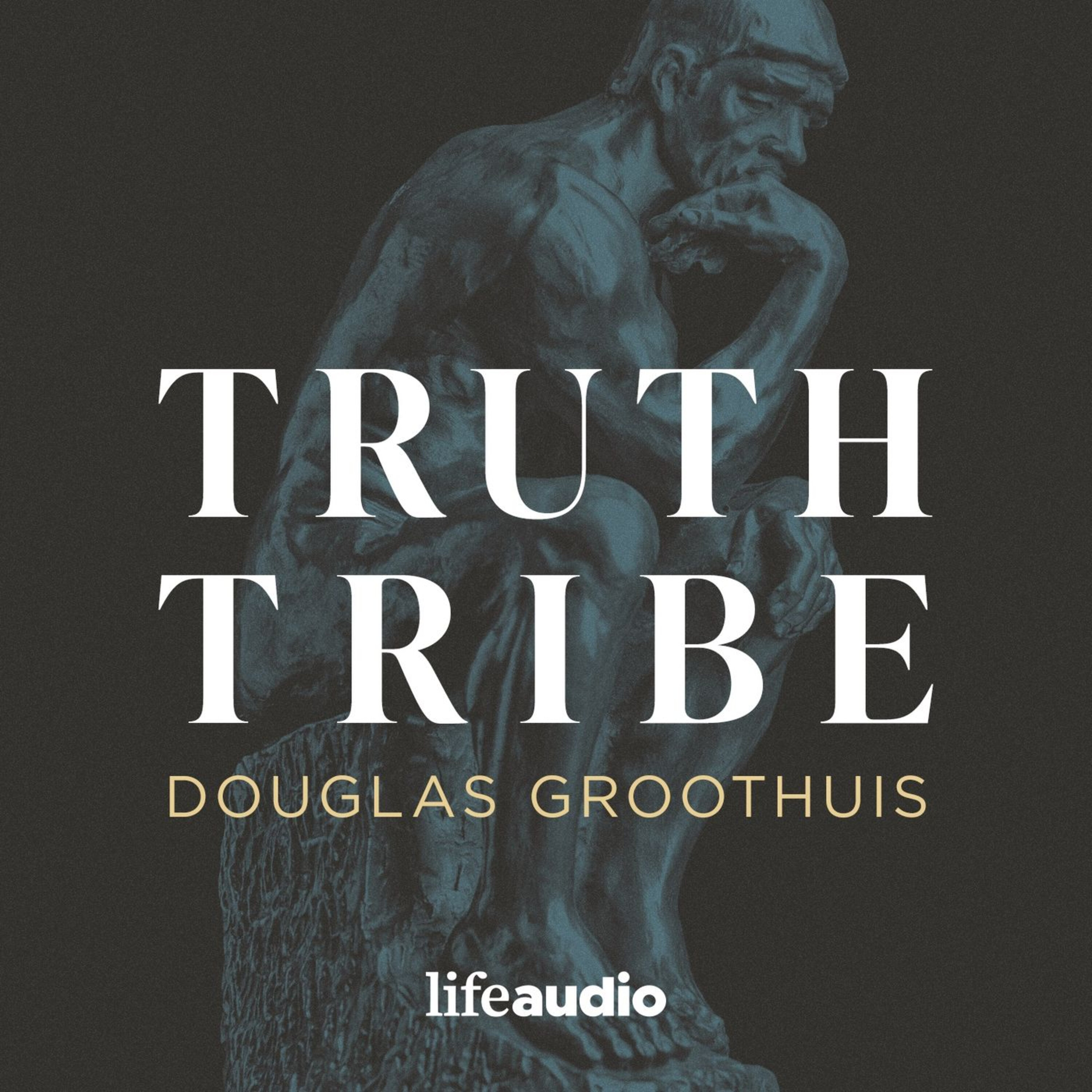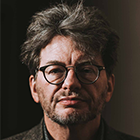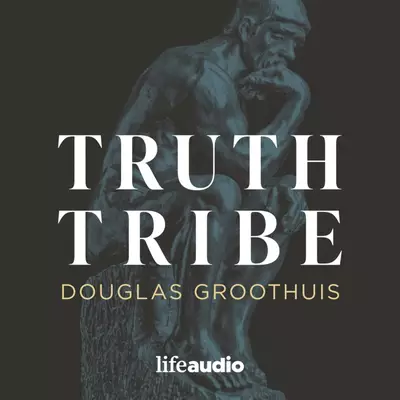The Death of the Author: Plagiarism, AI, and Literary Integrity
The Impact of Plagiarism and AI on Authorship
In the podcast episode from Truth Tribe, Dr. Groothuis delves into the pressing issues surrounding plagiarism and the use of Artificial Intelligence (AI) in writing. He argues that these practices not only undermine the integrity of authorship but also pose a significant threat to the very essence of what it means to be an author.
The Nature of Plagiarism
Dr. Groothuis begins by addressing the ease with which plagiarism can occur in the digital age. The Internet has made vast amounts of information readily accessible, which unfortunately facilitates the act of stealing another's work. Plagiarism is not merely a technical violation; it is a moral failing that encompasses lying, stealing, and coveting. By presenting someone else's work as their own, a plagiarist breaks the commandment against bearing false witness, steals intellectual property, and covets the recognition that rightfully belongs to the original author.
The Role of AI in Writing
The discussion then shifts to the implications of using AI in writing. While AI can generate text, it does so without the genuine thought and intention that characterize true authorship. When individuals use AI to produce written content, they are not engaging in the authentic process of creation. Instead, they are outsourcing their intellectual labor to a machine, which diminishes their own identity and agency as human beings. This reliance on AI can lead to a form of "literary suicide," where individuals forfeit their moral and intellectual ownership of their work.
Authenticity and Human Agency
At the core of Dr. Groothuis argument is the idea that true authorship stems from one's skills, knowledge, and personal experiences. He asserts that authorship is an expression of human agency, reflecting our thoughts and intentions. The act of writing should be a product of hard work, dedication, and personal growth. When individuals resort to plagiarism or AI-generated content, they not only misrepresent their abilities but also deny themselves the opportunity for genuine self-expression and development.
The Consequences of Literary Fraud
Engaging in plagiarism or dishonest use of AI leads to a loss of integrity. By claiming authorship of work they did not create, individuals become "literary frauds," attributing knowledge and skills to themselves that they do not possess. This not only affects their personal identity but also has broader implications for the value of authorship in society. The act of writing should be a meaningful endeavor, contributing to the richness of human culture and knowledge. When individuals choose shortcuts, they undermine the very foundation of what it means to be an author.
Douglas Groothuis, Ph.D., is Distinguished University Research Professor of Apologetics and Christian Worldview at Cornerstone University and the author of twenty books, including Beyond the Wager: The Christian Brilliance of Blaise Pascal (InterVarsity, 2024).
Discover more Christian podcasts at lifeaudio.com and inquire about advertising opportunities at lifeaudio.com/contact-us.



Website: https://www.DouglasGroothuis.com
